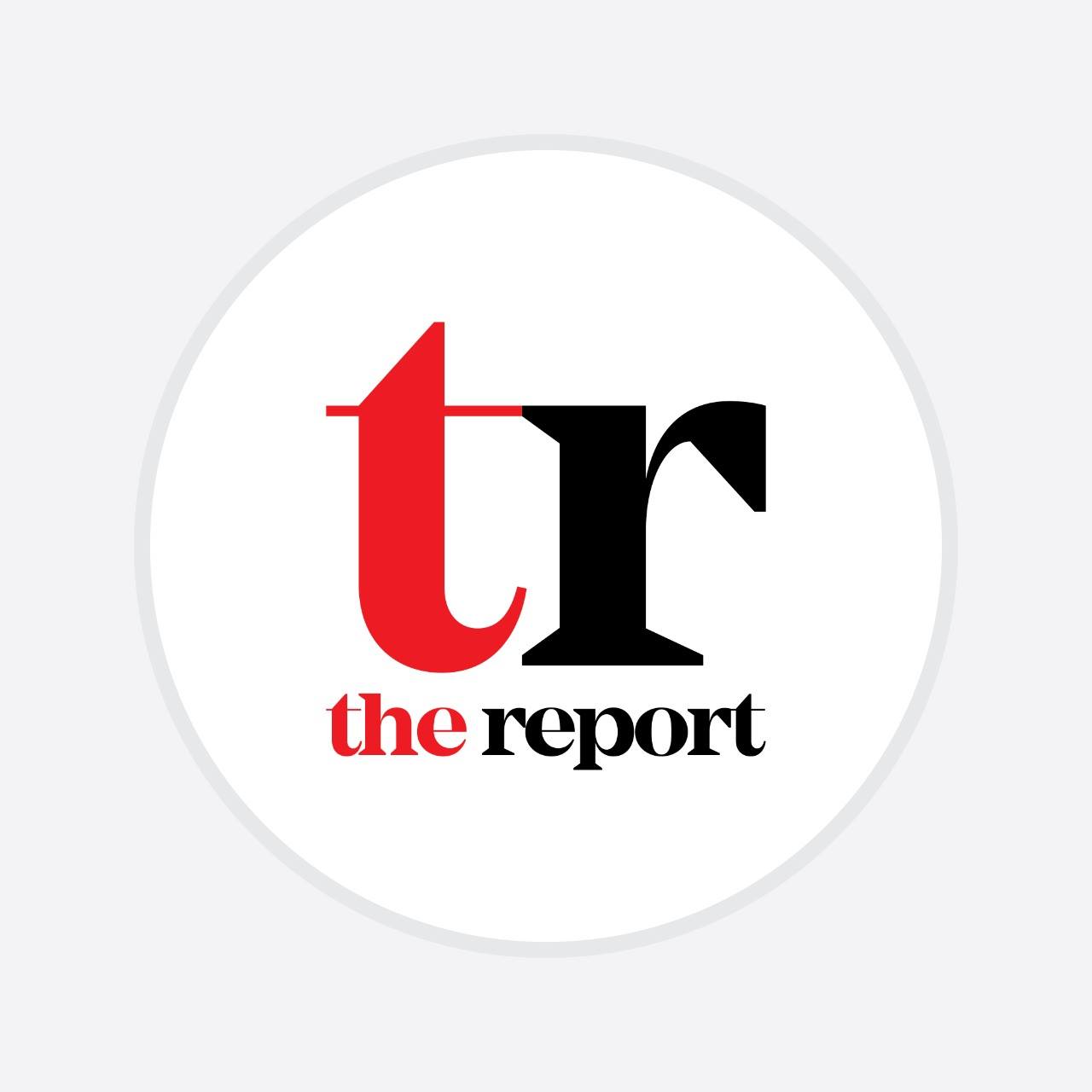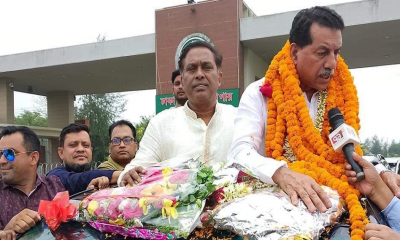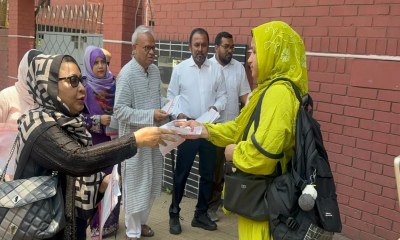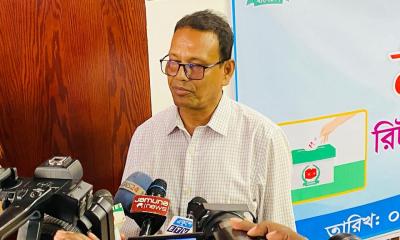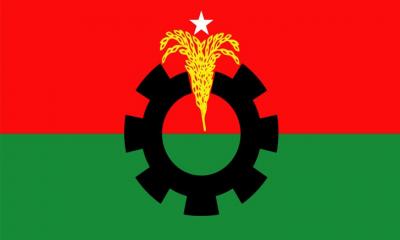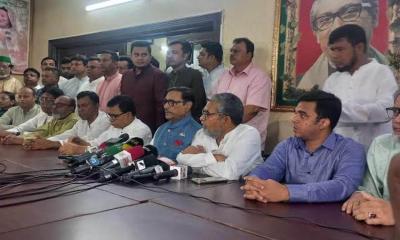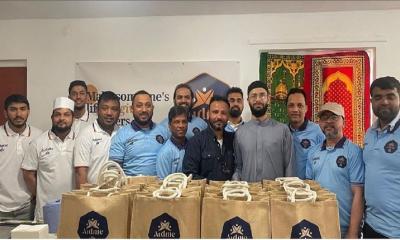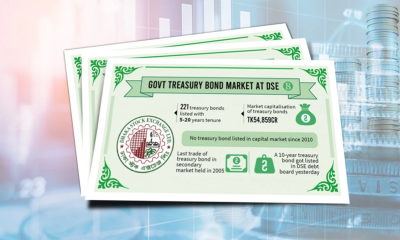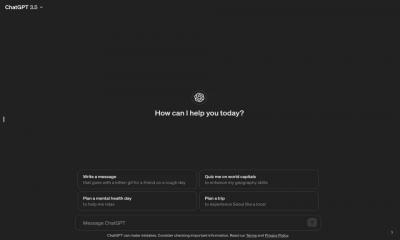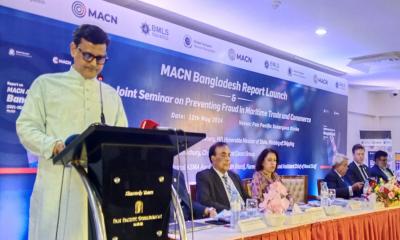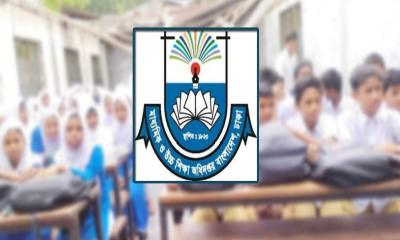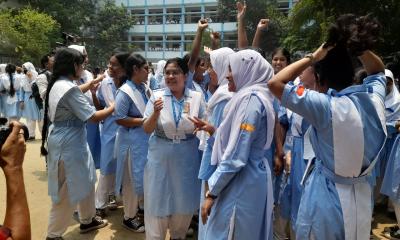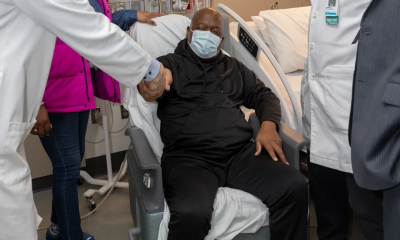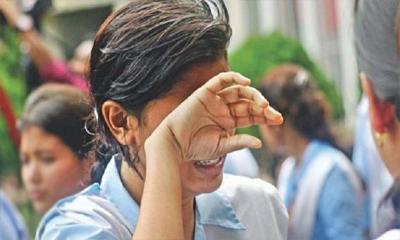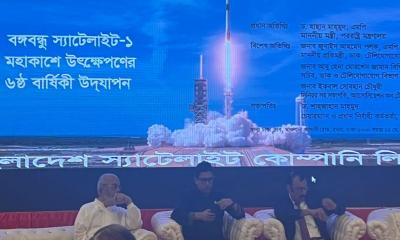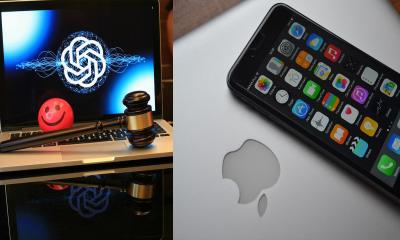Tensions have flared at Bangladesh University of Engineering and Technology (BUET) as students take to the streets in protest against the ban on student politics, while the Chhatra League launches a counter-campaign advocating for its reinstatement.
A notice issued by the Central Chhatra League office secretary, Meftahul Islam Panth, announced plans for a rally, citing concerns over the suppression of student political activities at BUET. The statement underscored the demand for a structured framework for student politics, free from the influence of fundamentalist groups, and condemned what it described as unconstitutional and anti-educational decisions made by the university.
Chhatra League president Saddam Hossain`s recent appearance on the BUET campus, accompanied by activists, has sparked outrage among students who view it as a brazen attempt to revive banned student political activities. In response, students have initiated a series of protests, including class and exam boycotts, to voice their dissent.
The situation escalated when the university administration revoked the hall seat of Imtiaz Hossain Rahim, also known as Imtiaz Rabbi, a student from the 21st batch of the civil engineering department. Imtiaz had allegedly defied student demands by entering the campus, prompting swift disciplinary action.
Meanwhile, the Chhatra League has vehemently opposed the university`s decision regarding Imtiaz`s hall seat cancellation. In a statement, the organization denounced the move as undemocratic and claimed it was rejected by advocates of freedom and democracy across Bangladesh.
The clash between student demonstrators and the administration underscores the deeply polarized environment surrounding student politics at BUET. While some advocate for its restoration within a regulated framework, others argue for its continued prohibition, citing concerns over extremism and disruption to academic pursuits.
As tensions persist, stakeholders are grappling with the challenge of finding common ground amidst competing visions for the role of student politics within the university setting.

